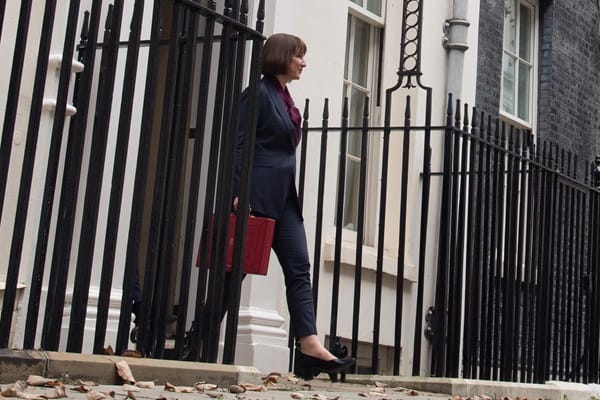
""The Chancellor is boxed in. Borrowing costs are high, growth is anaemic, and the fiscal headroom she inherited has almost vanished. This leaves little room for anything except higher taxes," says Nigel Green. "This isn't about political preference ; it's arithmetic. Debt servicing is swallowing record sums because rates remain elevated, and the government's spending commitments are extensive. With limited options to borrow or cut, the Treasury will go where the money is: capital, property, investment income and pensions.""
""The gilt market is nervous, sterling is under pressure, and investors are repositioning ahead of the Budget. "These are classic signs that the fiscal burden is about to shift towards asset holders. It's happening in slow motion right now, and it will accelerate the moment the Chancellor speaks on 26 November. "Anyone with exposure to UK assets should assume that changes to capital gains tax, dividend allowances, inheritance thresholds or pension reliefs are not just possible but probable," he adds."
Institute for Fiscal Studies calculates the Chancellor needs to raise the fiscal buffer fivefold to have a better-than-even chance of avoiding further tax rises and spending cuts. Up to £22 billion may be required at the Budget to restore a £9.9 billion margin previously held. Elevated borrowing costs, anaemic growth, and depleted fiscal headroom limit options to borrow or reduce spending. Rising debt servicing consumes record sums while spending commitments remain substantial. Gilt markets are nervous, sterling faces pressure, and investors are repositioning ahead of the Budget. Asset-related taxes and reliefs, including capital gains, dividends, inheritance thresholds, and pensions, face a high probability of change.
Read at London Business News | Londonlovesbusiness.com
Unable to calculate read time
Collection
[
|
...
]